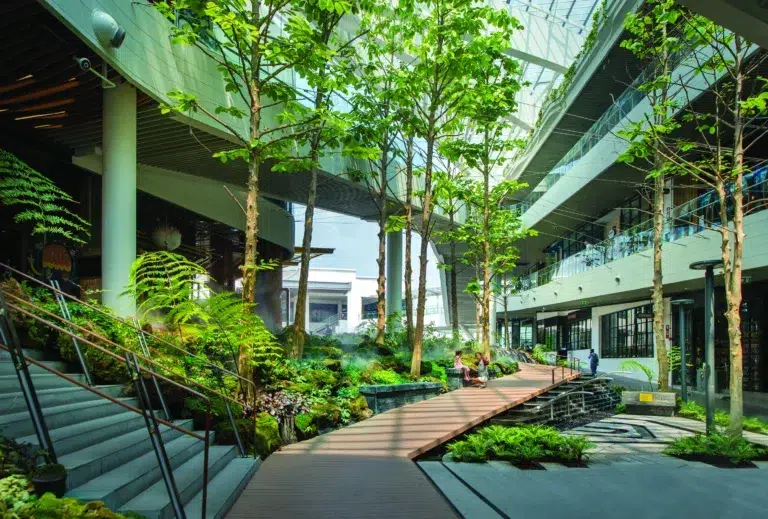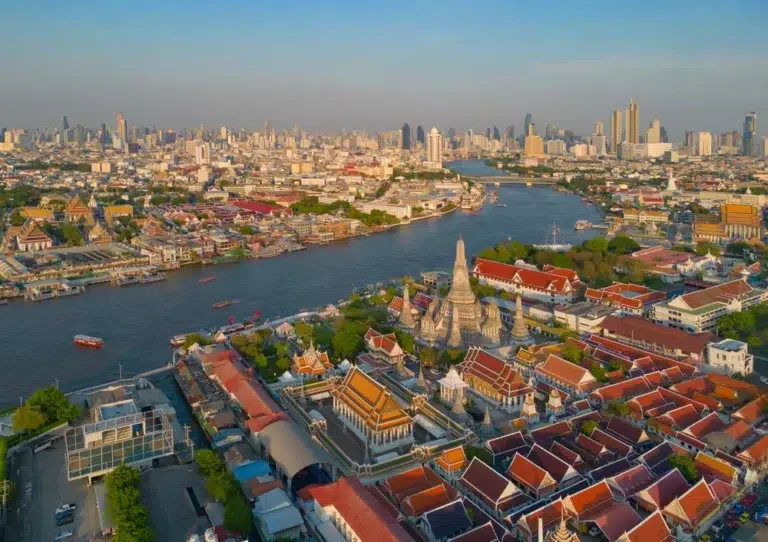Why ageing-in-place technology is crucial in Thailand
Technology for care of elders should be in the Kingdom’s radar

In the next two years, Thailand is estimated to join Japan in holding the title of an “aged” society. To date, 20 percent of the population in Thailand is aged 60 and above and this percentage is expected to rise in the coming years, reported Bangkok Post .
However, the majority of the Kingdom’s elderly population have low to moderate income, that is, if they still are working. The shift in its demographics would have an effect on the economy, shrinking its labour force from the predicted 40 million in 2027 to 36 million in 2037.
With the surge of elderly and the possible negative effect on the economy, Thailand is expected to implement policies on taking care of their elderly so they may continue to enjoy life or maintain the ability to work with less struggles. This is where technology comes in.
More: The value of technology in the real estate industry, from construction to user stage
An elder’s priorities would consist of health, safety, and security, especially when it comes to gadgets. According to the Washington Post, a home management system would be an important component in providing just that while keeping the environment comfortable. Richard Caro, CEO and co-founder of advisory Tech-Enhanced Life says ageing-in-place technology would be the best way to help elders live life as they have enjoyed while easing more difficult daily tasks, such as opening of jars.
The notion of ageing-in-place technology is not new, since it has already been adapted in Japan, South Korea, and Singapore, where the elderly has been utilising smart home gadgets and technology, such as cameras, robots, and AI to assist them in their daily lives, revealed the Japan Times.
Japan, for one, uses elder care robots to monitor them and keep them company. South Korea has employed the Nugu smart speaker, which is a voice-controlled device like Amazon Alexa, to have conversations with or receive guidelines from the government. Singapore has a set fund for elders’ technology, firms working on AI specifically for elder assistive technology, and motion sensors to check up on the elders or send paramedics their way if necessary.
By adapting these solutions and technologies, Thailand can transition into a more a elderly-friendly country.
The Property Report editors wrote this article. For more information, email: [email protected].
Recommended
6 ways Bang Na (Bangkok) is raising the bar for urban living
This Bangkok enclave flaunts proximity to an international airport, top schools, and an array of real estate investment options
ARES White Paper Volume 3: The era of adaptive reinvention
Pioneering sustainable and innovative practices in urban development
ARES White Paper Volume 2: Unravelling the power of data revolution in real estate
Insights on proptech, smart cities, and sustainable development
ARES Digital White Paper Volume 1: The fundamentals of responsible building
Green and climate heroes join forces to discuss how Asia Pacific can weather the current environmental crises and the looming effects of climate change






